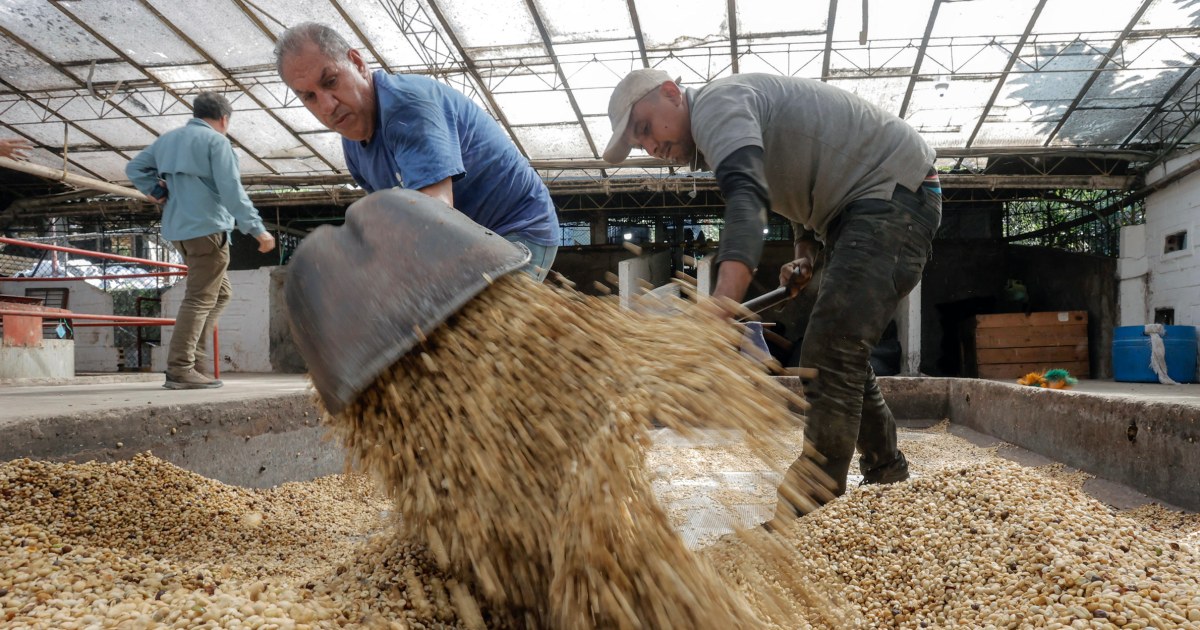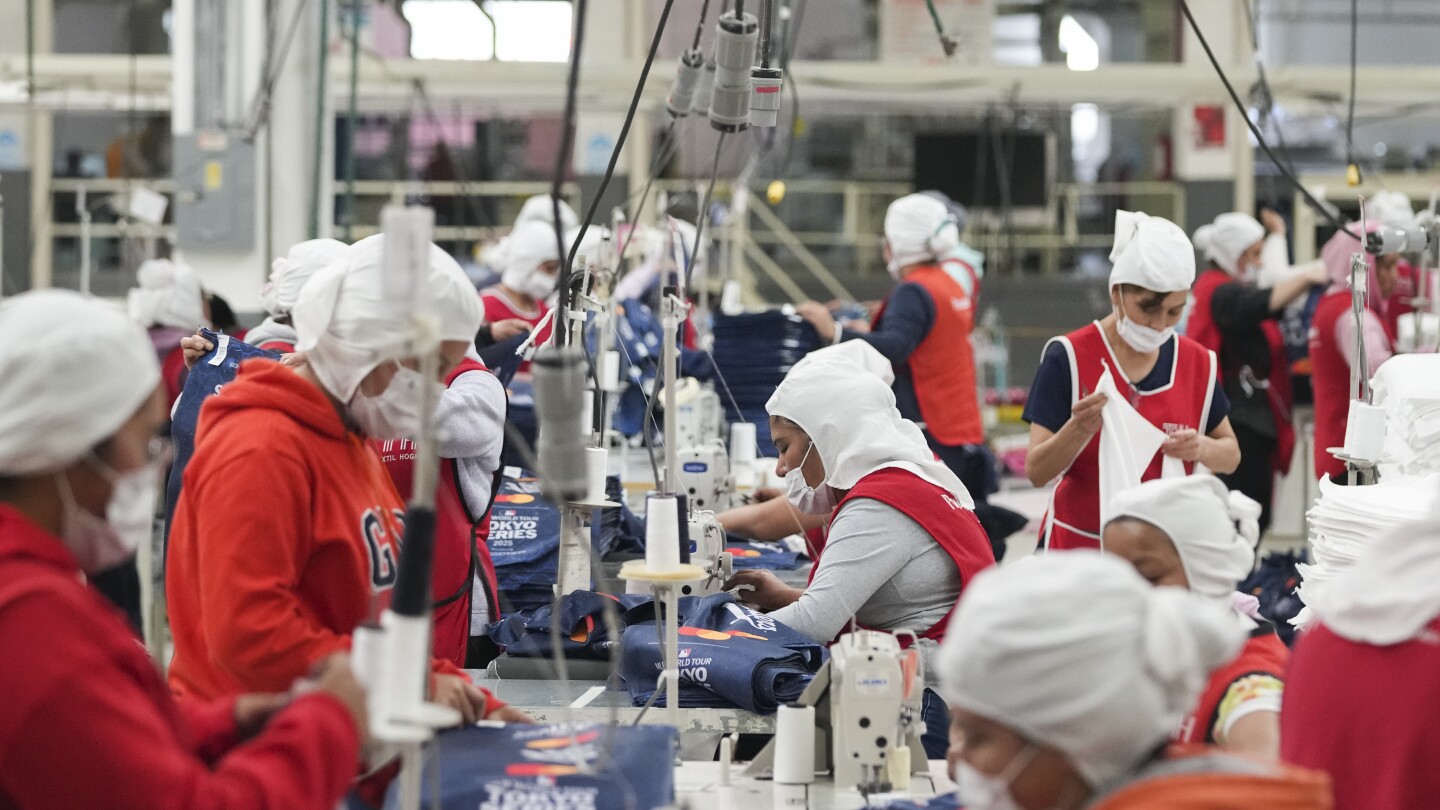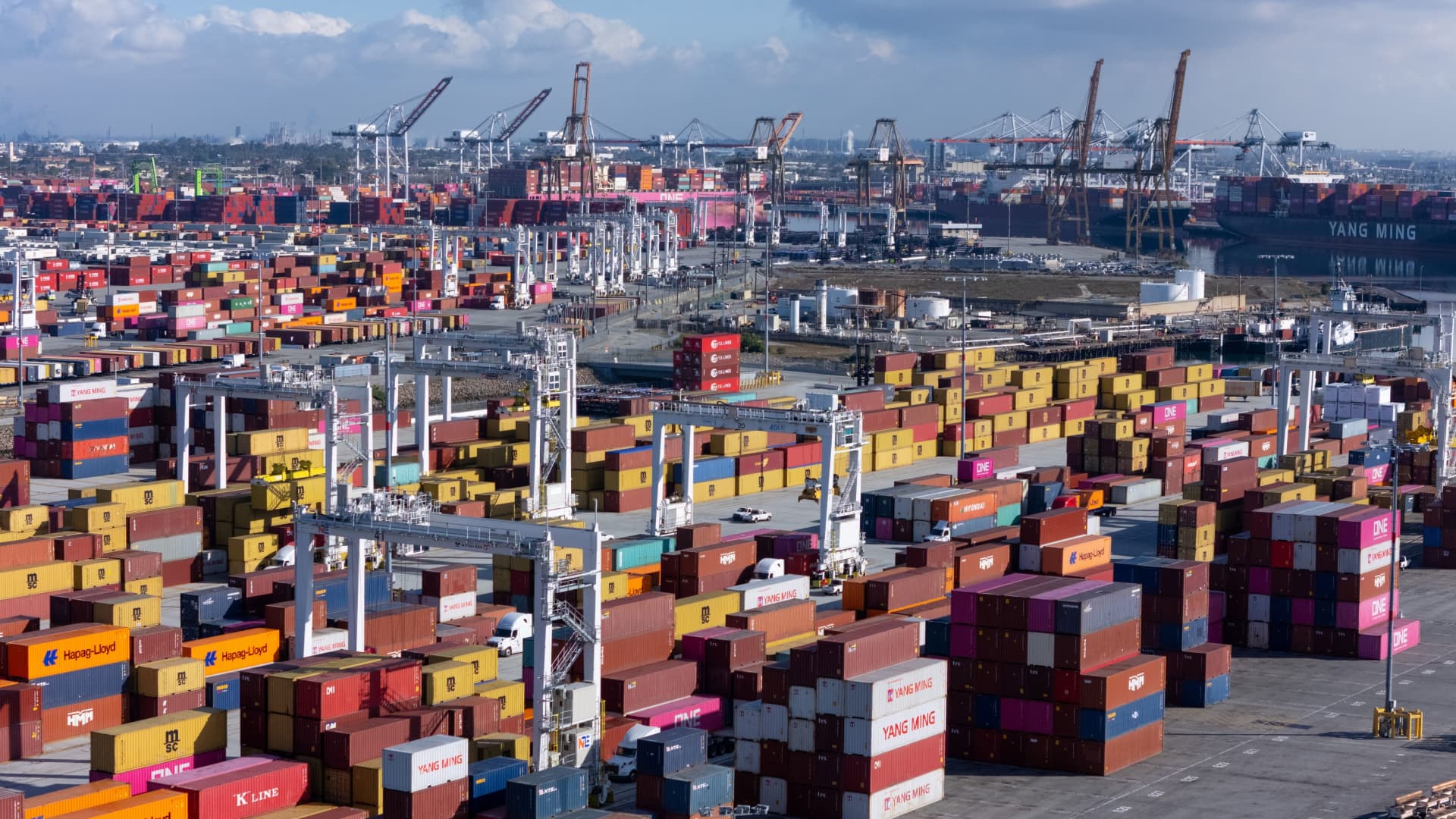Unpacking the Price Tag: How Trump’s Tariffs Impact Colombian Imports
In recent years, the landscape of international trade has been dramatically altered by a series of tariffs implemented during the Trump administration. These tariffs have not only reshaped the dynamics of U.S.-Colombian trade but have also left a lasting impact on consumers in the United States, particularly when it comes to everyday goods imported from Colombia. This article delves into the economic implications of these tariffs, exploring how they affect the prices of beloved Colombian products such as coffee, crude oil, and cut flowers.
The Tariff Landscape: A Brief Overview
Tariffs are essentially taxes imposed on imported goods, aimed at making foreign products more expensive compared to domestic goods. During Donald Trump’s presidency, a series of tariffs were introduced under the guise of protecting American industries. While this may have provided short-term benefits for some domestic producers, the overall consequences of these tariffs have been far-reaching.
The United States and Colombia have a long-standing trade relationship, characterized by an array of imports and exports. Colombian imports, which include coffee, cut flowers, and crude oil, have been integral to U.S. markets. However, with the introduction of tariffs, the cost of these goods has surged, leaving consumers to grapple with higher prices at the checkout line.
Impact on Colombian Coffee Imports
Colombia is renowned for its high-quality coffee, often regarded as some of the best in the world. The U.S. is one of the largest consumers of Colombian coffee, making this trade particularly significant. However, the imposition of tariffs has led to increased costs for consumers.
Here’s how the tariffs have affected Colombian coffee:
- Price Increase: With tariffs applied, Colombian coffee imports have become pricier. This translates to higher prices for consumers at cafes and grocery stores.
- Market Adjustments: Domestic coffee producers may have seen a temporary boon, but the overall coffee market is complex. The increase in prices can deter consumers from purchasing premium coffee, potentially leading to a decline in sales for Colombian producers.
- Alternative Sources: Some coffee drinkers might turn to cheaper alternatives, affecting brand loyalty and market share for Colombian coffee imports.
As a result, consumers who savor their morning brew may find themselves paying more for their favorite Colombian coffee, altering their purchasing habits and preferences.
Crude Oil: A Double-Edged Sword
Colombia is also a significant exporter of crude oil to the United States. The energy sector is vital for both economies, but the impact of tariffs on oil imports is multifaceted.
Here are some key points regarding the tariffs’ influence on Colombian crude oil:
- Increased Costs: Similar to coffee, tariffs on crude oil imports can lead to higher prices at the pump for U.S. consumers. This can have a ripple effect on the economy, as transportation costs rise, impacting prices on various goods.
- Supply Chain Disruptions: The tariffs can disrupt established supply chains, forcing companies to seek alternate sources of crude oil, which may not be as reliable or cost-effective.
- Investment in Domestic Production: Higher prices may spur investment in domestic oil production, but this could take time to materialize, leading to immediate price spikes for consumers.
Ultimately, while the tariffs aim to bolster U.S. energy independence, they can inadvertently harm consumers by inflating prices for essential commodities.
The Floral Industry: A Blooming Challenge
Colombia is the second-largest exporter of cut flowers to the U.S., particularly around holidays like Valentine’s Day and Mother’s Day. The impact of tariffs on this sector is particularly pronounced.
Consider the following effects:
- Seasonal Price Hikes: Tariffs can drive up prices for consumers, especially during peak seasons when demand for Colombian flowers surges.
- Market Competition: Domestic flower producers might see temporary advantages, but the reality is that the U.S. floral market is competitive. Higher prices might push consumers to explore local or even artificial alternatives.
- Impact on Colombian Growers: Colombian flower growers are heavily reliant on U.S. markets. Increased tariffs could diminish their profits, leading to economic challenges in Colombia.
For many consumers, the beauty of fresh Colombian flowers may come at a steeper price, changing the way they celebrate special occasions.
The Broader Economic Implications
The ramifications of Trump’s tariffs extend beyond individual products. The overall economic landscape is shifting, with potential long-term consequences for both countries.
- Consumer Behavior: As prices rise due to tariffs, consumers may adjust their spending habits, opting for cheaper alternatives and affecting the demand for Colombian goods.
- Colombian Economy: The tariffs can have a detrimental effect on Colombia’s economy, as essential exports face increased barriers, potentially leading to job losses and economic instability.
- Future Trade Relations: The tariffs have led to strained relations between the U.S. and Colombia, which could impact future trade agreements and collaborative efforts.
Looking Forward: Optimism Amidst Challenges
While the current landscape presents challenges, there is room for optimism. As both nations evaluate the implications of these tariffs, there is potential for dialogue and negotiation that could lead to more favorable trade conditions in the future.
Moreover, consumers can adapt by supporting local businesses or seeking out different import sources. This adaptability may ultimately strengthen both economies in unexpected ways.
Conclusion
In conclusion, Trump’s tariffs have significantly impacted Colombian imports, leading to higher prices for coffee, crude oil, and cut flowers. As consumers grapple with these changes, it’s essential to understand the broader economic implications and remain optimistic about future trade relations. By staying informed and adaptable, consumers can navigate these shifts and continue to enjoy the rich flavors and vibrant products that Colombia has to offer.
See more CCTV News Daily



